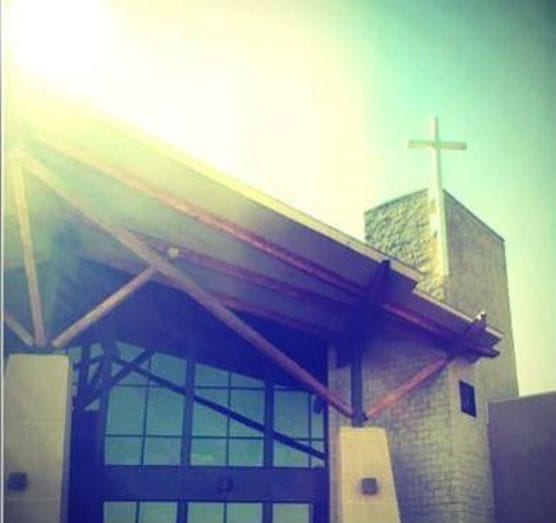California’s public health orders enacted to slow the spread of COVID-19, and the state’s reopening plan, appear to discriminate against a person’s right to religious worship, the Justice Department warned in a prodding letter sent to Governor Gavin Newsom Tuesday.
In-person gatherings at places of worship will continue to be prohibited under California’s current health order and are only slated to reopen under the third phase of the state’s reopening plan. That date has yet to be determined but several California megachurches plan to resume in-person gatherings by May 30 despite the health order.
The churches promise to adhere to social distancing and to employ infection control measures at places of worship that can seat thousands of people but will host reduced occupancy services.
Newsom’s executive orders calling for a state of emergency in response to COVID-19 and his health order on March 19 included the prohibition of large gatherings and did not exempt houses of worship.
Justice Department Assistant Attorney General Eric Dreiband, with the Civil Rights Division, wrote in a 3-page letter to Newsom that communities of faith have held services while adhering to social distance guidelines by hosting services in parking lots, online and through other means.
“Religion and religious worship continue to be central to the lives of millions of Americans,” Dreiband wrote.
Dreiband said the Justice Department believes the California Constitution calls for the state to “do more to accommodate religious worship, including in Stage 2 of the Reopening Plan.”
He referenced Attorney General William Barr’s statement in a recent Mississippi case relating to restrictions on religious services. Barr conceded that social distancing is necessary under certain circumstances but said that “even in times of emergency, when reasonable and temporary restrictions are placed on rights, the First Amendment and federal statutory law prohibit discrimination against religious institutions and religious believers.”
“Laws that do not treat religious activities equally with comparable nonreligious activities are subject to heightened scrutiny under the Free Exercise Clause of the First Amendment,” Dreiband wrote. “Laws that are not both neutral toward religion and generally applicable are invalid unless the government can prove that they further a compelling interest and are pursued through the least restrictive means possible.”
Dreiband added that religious gatherings “may not be singled out for unequal treatment compared to other nonreligious gatherings that have the same effect on the government’s public health interest, absent the most compelling reasons.”
The letter points to the fact that churches have not been deemed essential to California’s reopening during its second phase while movie studios and other parts of the entertainment industry are included in the second phase.
“California has not shown why interactions in offices and studios of the entertainment industry, and in-person operations to facilitate nonessential ecommerce, are included on the list as being allowed with social distancing where telework is not practical, while gatherings with social distancing for purposes of religious worship are forbidden, regardless of whether remote worship is practical or not,” Dreiband wrote.
Under the second phase of California’s reopening plan, schools, restaurants, factories, offices, shopping malls, swap meets and entities are permitted to open. Currently, most of California’s schools and universities remain closed.
“The Department of Justice does not seek to dictate how States such as California determine what degree of activity and personal interaction should be allowed to protect the safety of their citizens,” Dreiband wrote. “However, we are charged with upholding the Constitution and federal statutory protections for civil rights.”
Three separate U.S. District Courts have denied temporary restraining orders to block the state’s order’s restrictions on places of worship.
Barr’s spokesperson Kerri Kupec tweeted a copy of the letter.
Newsom’s office did not immediately return a request for comment Tuesday.
Like this:
Like Loading...
Related





 Tweet This
Tweet This Facebook
Facebook Digg This
Digg This Bookmark
Bookmark Stumble
Stumble RSS
RSS


























REAL NAMES ONLY: All posters must use their real individual or business name. This applies equally to Twitter account holders who use a nickname.
0 Comments
You can be the first one to leave a comment.